"19th Century, Elkington Manufacture, Pompeian Girls In The Bath"
19th century, Manufacture Elkington (George and Henry Elkington, 1801-1865 and 1804-1852)Pompeian girls in the bath, signed and dated "Morel-Ladeuil, 1876 inv. and fecit"
Chiseled copper, galvanically plated in gold, diameter cm 33,5 - with frame cm 43,5 x 43,5
The present round in chiseled copper is to be referred to the fine manufacture of George Richards Elkington (17 October 1801 - 22 September 1865), producer of Birmingham and inventor of the first process of commercial electroplating, whose patent bears the name. The round depicting Pompeian Girls is the work of Léonard Morel-Ladeuil (Clermont Ferrand, 1820 - Paris, 1888), goldsmith and French sculptor, among the most important "designers" of the English company. He gained the appreciation of Napoleon III through several commissions, causing the envy of contemporaries, annoyed that a craftsman obtained commissions directly from the king, going so far as to boycott the young artist and the vase Dance of the Will, preventing its sale. Encouraged by the foreign merchant in Paris, Marché, to continue, concentrated mainly on the production of religious statuettes, until 1859, when the Elkingtons, in view of the Great Exhibition of 1862, They offered him a job at their factory in Birmingham. Morel-Ladeuil worked for the manufacture for twenty-three years; the first result was one of his most famous masterpieces, the Shield dedicated to the Lost Paradise of Milton (in repoussé steel and silver), a flagship work at the Paris Exposition of 1867. The shield was purchased by the British government for £3,000; the success of this work is demonstrated by the worldwide spread of copies produced using the innovative electroplating technique.
The round in question, in its primary model, was made of silver as the main work of Elkington&Co’s stand for the Philadelphia exhibition in 1876, with the technique known as repoussé or repoussage. This method consists in the processing of malleable metals ornamented and shaped by hammering from the back to create a profile in bas-relief. Following the event, the producer received numerous commissions of the same, then exhibited at the Paris Exposition of 1878, bringing on the back the words of the manufacture and copywright translated into four languages. A copy of the round is kept at the Victoria&Albert Museum in London. The work presents a woman lying on a sofa after leaving the bathroom surrounded by handmaidens who assist her during the dressing, within an Ionic colonnade richly adorned with garlands. The scene is full of details: from the console supported by sphinx-shaped legs on which stands an animated statue of a dancing faun, to the lamp partially hidden from view from the column, to the tripod that supports a vase full of flowers. Morel-Ladeuil’s work is composed of only 35 pieces, which fully reveal his elegant and refined imagination and grace, his feeling for a correct and delicate ornament and his love for pure art marked by a high taste albeit rather sentimental and a noble style, full of details and clearly defined, proving to be a great artist and master craftsman. Elkington’s visitors' books (found in the National Art Library) collect copies of Pompeian Girls made for customers two years after the Philadelphia Exhibition and the Paris Exhibition. In 1904, his biography reports: "For the Universal Exhibition of 1876, in Philadelphia, Morel-Ladeuil prepared an important work of art, a large figurative circular plate in gilded silver with bas-relief, The Toilet of a Pompeian Lady ... " This motif quickly became very popular, enchanting the audience with the grace of the figures and the harmony of the composition; his contemporaries and critics admired the extraordinary central figurative group, while the press in America, England and France called the work one of the most important and beautiful in the exhibition. The original artwork was not sold, but numerous reproductions in electrotype were purchased in England and America. "(Léon Morel, L'Oeuvre de Morel-Ladeuil, Sculpteur-Ciseleur, 1820-1888, A. Lahure, Paris, 1904, pp. 24-25). Upon Morel’s death in 1888, the factory relied on a worthy and able successor: Mr. Thomas Spall. His most important piece was "Virgil", a shield executed in silver from the John Watkins factory in Birmingham and South Kensington, sold at the time for the impressive sum of £1,500.
With Ars Antiqua you can defer all amounts up to a maximum of € 7,500 at ZERO RATE, for a total of 15 INSTALLMENTS.
Ex. Tot. € 4,500 = Monthly installment € 300 for 15 months.
Ex. Tot. € 3,600 = Monthly installment € 720 for 5 months.
For amounts over €7,500 or for a longer grace period (over 15 installments), we can provide a custom payment.
Contact us directly to get the best quote.
LIVE TV
- SUNDAY 17.00 - 21.00 Dig.terr. 126 + 809 SKY
- Streaming on our website www.arsantiquasrl.com and on our social networks Facebook and Youtube
All the works proposed by Ars Antiqua are sold accompanied by a certificate of authenticity in accordance with the law and accurate fact sheet.
You can see the works directly at the showroom gallery in Milan, in via Pisacane 55 and 57.
We personally organize transport and deliveries of the works, both for Italy and for the
















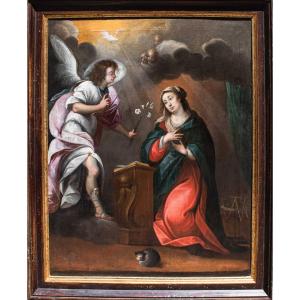
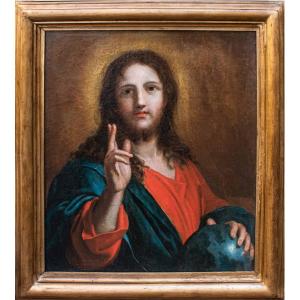




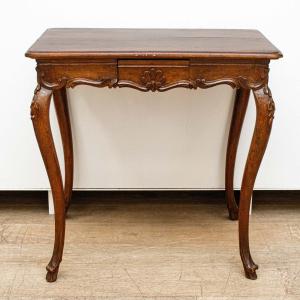

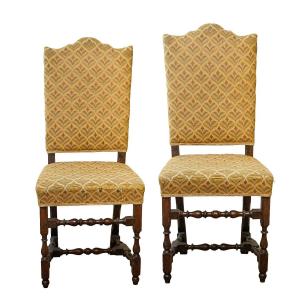



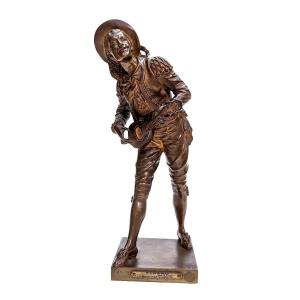
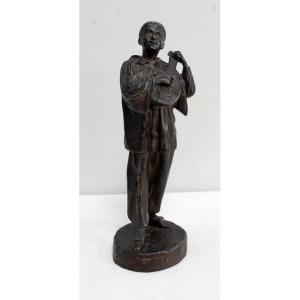
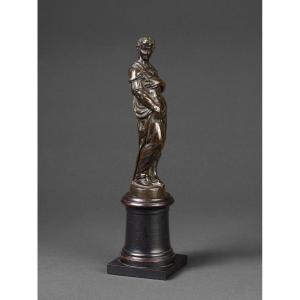
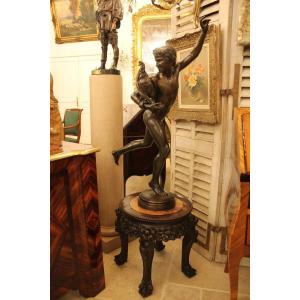
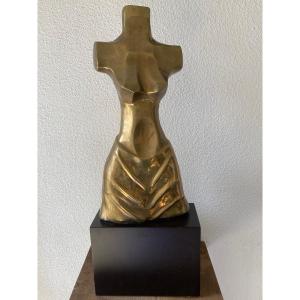




 Le Magazine
Le Magazine Rivista Artiquariato
Rivista Artiquariato TRÉSORS magazine
TRÉSORS magazine